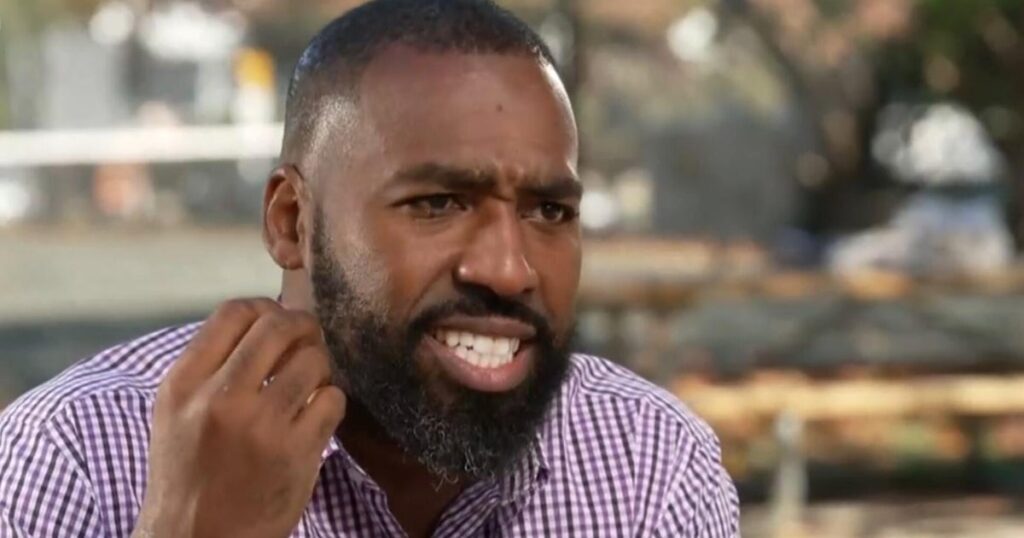Juror opens up about facing trauma after serving on murder trial
Juror opens up about facing trauma after serving on murder trial

Less than half a million will serve on violent criminal cases, including murder. But counseling and mental health services offered to jurors after those verdicts are rare. Jericka Duncan reports.
Read the full article on CBS US
Truth Analysis
Analysis Summary:
The article discusses the potential trauma jurors face after serving on violent criminal cases and the lack of mental health services available to them. While the general premise is supported by available sources, the specific statistic about the number of jurors serving on violent criminal cases is unverified. The article exhibits a slight bias by focusing on the negative aspects of jury duty without presenting counterarguments or alternative perspectives.
Detailed Analysis:
- Claim: Less than half a million will serve on violent criminal cases, including murder.
- Assessment: Unverified. None of the provided sources confirm this specific statistic. It's impossible to assess the accuracy without a reliable source.
- Claim: Counseling and mental health services offered to jurors after those verdicts are rare.
- Verification Source #1: Discusses the need for taking care of jurors after traumatic trials, implying that such services are not universally available or sufficient.
- Verification Source #2: Highlights the mental scars jurors can be left with and the limited support available.
- Assessment: Supported. Both sources 1 and 2 suggest that mental health services for jurors are not readily available or sufficient.
Supporting Evidence/Contradictions:
- Source 2: 'After a Grisly Trial, Jurors Are Left With Mental Scars and Few...' supports the claim that jurors can experience trauma and that support is limited.
- Source 1: 'Who's Taking Care of the Jurors? Helping Jurors After Traumatic Trials' implies a need for better support systems for jurors, suggesting current services are inadequate.

